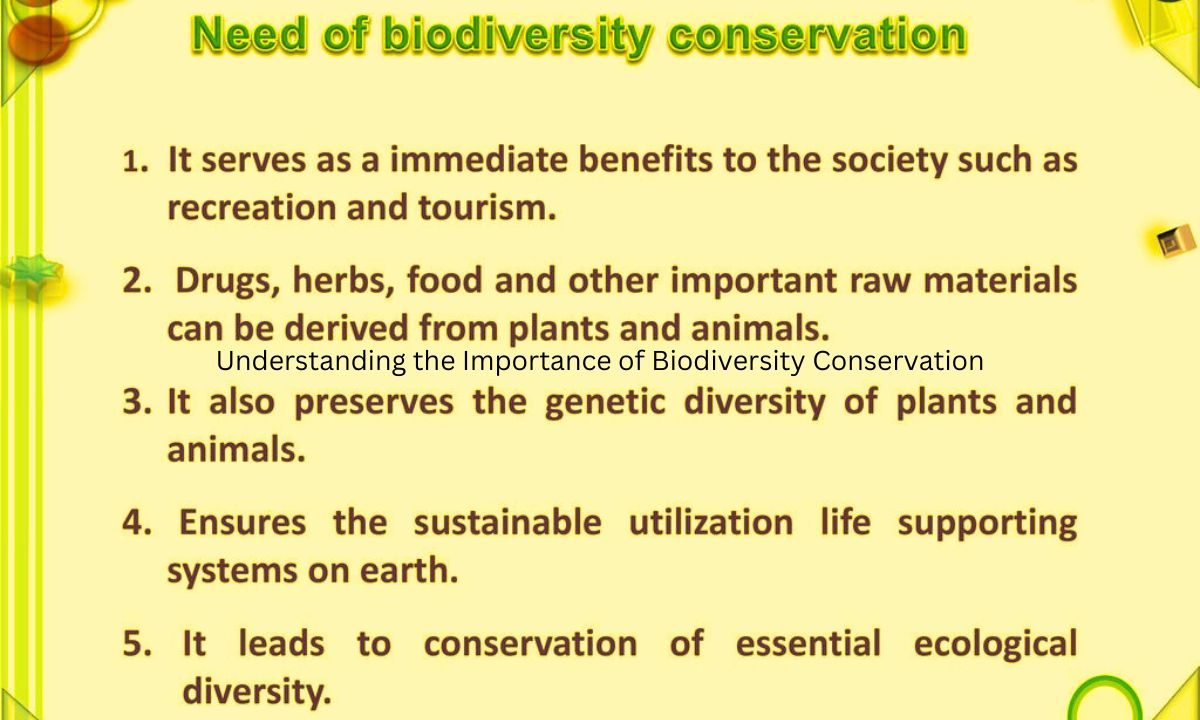Introduction
In recent years, the conversation around sustainability has reached a fever pitch. With concerns about climate change, deforestation, and animal welfare on the rise, many people are seeking ways to minimize their environmental footprint. One such way gaining traction is adopting a vegan lifestyle. In this article, we’ll delve into why going vegan can be a sustainable choice for the planet.
The Environmental Impact of Animal Agriculture
Greenhouse Gas Emissions
Animal agriculture is a significant contributor to greenhouse gas emissions, particularly methane and nitrous oxide. Methane, emitted by livestock during digestion, is about 25 times more potent than carbon dioxide over a 100-year period. Nitrous oxide, primarily from manure and fertilizers used to grow feed crops, is even more potent, with a global warming potential nearly 300 times that of CO2. By transitioning to a plant-based diet, individuals can significantly reduce their carbon footprint.
Land Use
The livestock industry is a major driver of deforestation, with vast swathes of land cleared to make way for grazing pastures and growing animal feed crops like soy and corn. Deforestation not only destroys vital ecosystems but also contributes to biodiversity loss and carbon emissions. By consuming plant-based foods directly, we can reduce the demand for land-intensive animal agriculture, thus sparing precious forests.
Water Consumption
Animal agriculture is incredibly water-intensive. From watering crops to hydrating livestock and cleaning facilities, it takes an astonishing amount of water to produce meat and dairy products. By contrast, plant-based foods generally require far less water to cultivate. For instance, it takes approximately 1,800 gallons of water to produce just one pound of beef, compared to 108 gallons for a pound of corn. By opting for plant-based alternatives, individuals can conserve water resources.
Health Benefits of a Vegan Diet
Reduced Risk of Chronic Diseases
Numerous studies have shown that plant-based diets are associated with a lower risk of chronic diseases such as heart disease, diabetes, and certain cancers. By prioritizing fruits, vegetables, whole grains, and legumes, vegans tend to consume less saturated fat and cholesterol, leading to better heart health and overall well-being.
Improved Digestion and Weight Management
Plant-based diets are typically high in fiber, which promotes healthy digestion and helps regulate bowel movements. Additionally, plant-based foods tend to be lower in calories and fat compared to their animal-derived counterparts, making them ideal for those looking to manage their weight or achieve weight loss goals.
Ethical Considerations
Animal Welfare
One of the primary motivations for adopting a vegan lifestyle is concern for animal welfare. Factory farming practices often involve overcrowded and unsanitary conditions, routine use of antibiotics, and inhumane treatment of animals. By choosing plant-based foods, individuals can help reduce the demand for products derived from animal suffering.
Global Food Security
Feeding a growing global population is a daunting challenge, particularly as resources become scarcer. Animal agriculture is an inefficient use of resources, requiring vast amounts of land, water, and energy to produce relatively small amounts of food. By shifting towards plant-based agriculture, we can utilize resources more efficiently and potentially alleviate food insecurity.
Conclusion
In conclusion, going vegan can be a sustainable choice for the planet on multiple fronts. From reducing greenhouse gas emissions and conserving water resources to promoting better health and ethical treatment of animals, the benefits of a plant-based diet are manifold. While transitioning to a vegan lifestyle may seem daunting at first, the long-term rewards for both individuals and the planet are well worth it. By making conscious choices about what we eat, we can all play a part in creating a more sustainable and compassionate world.



